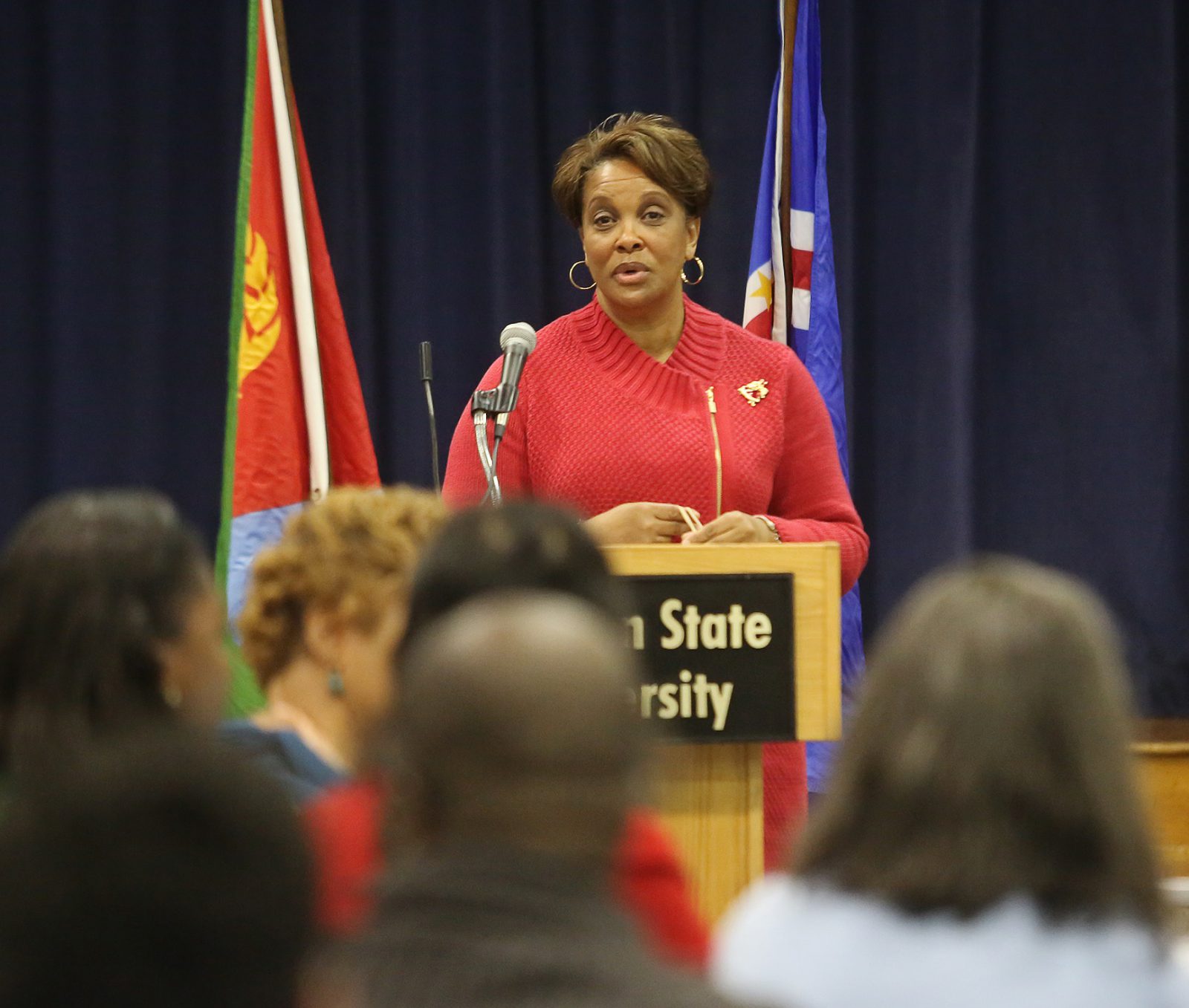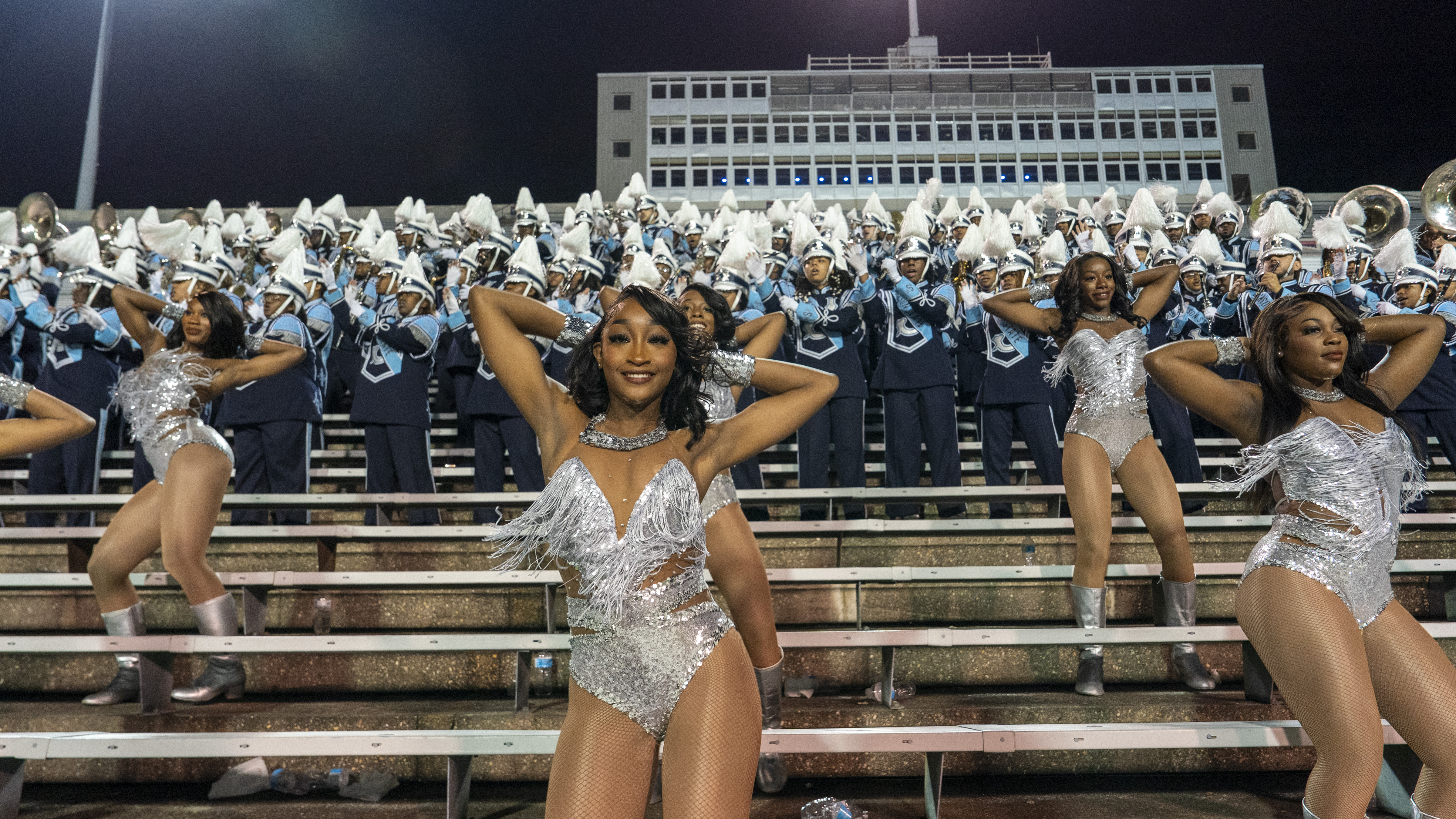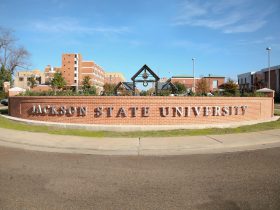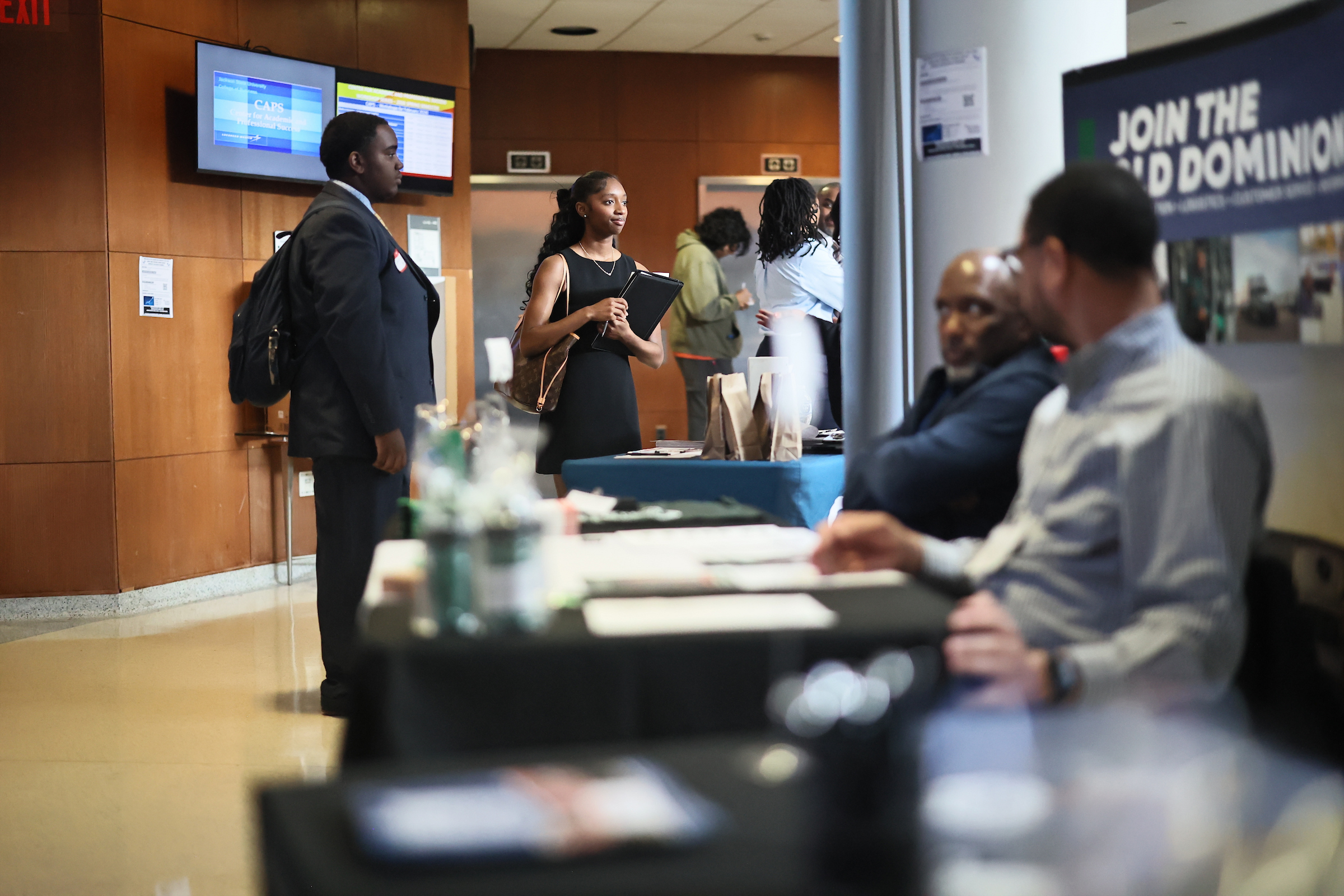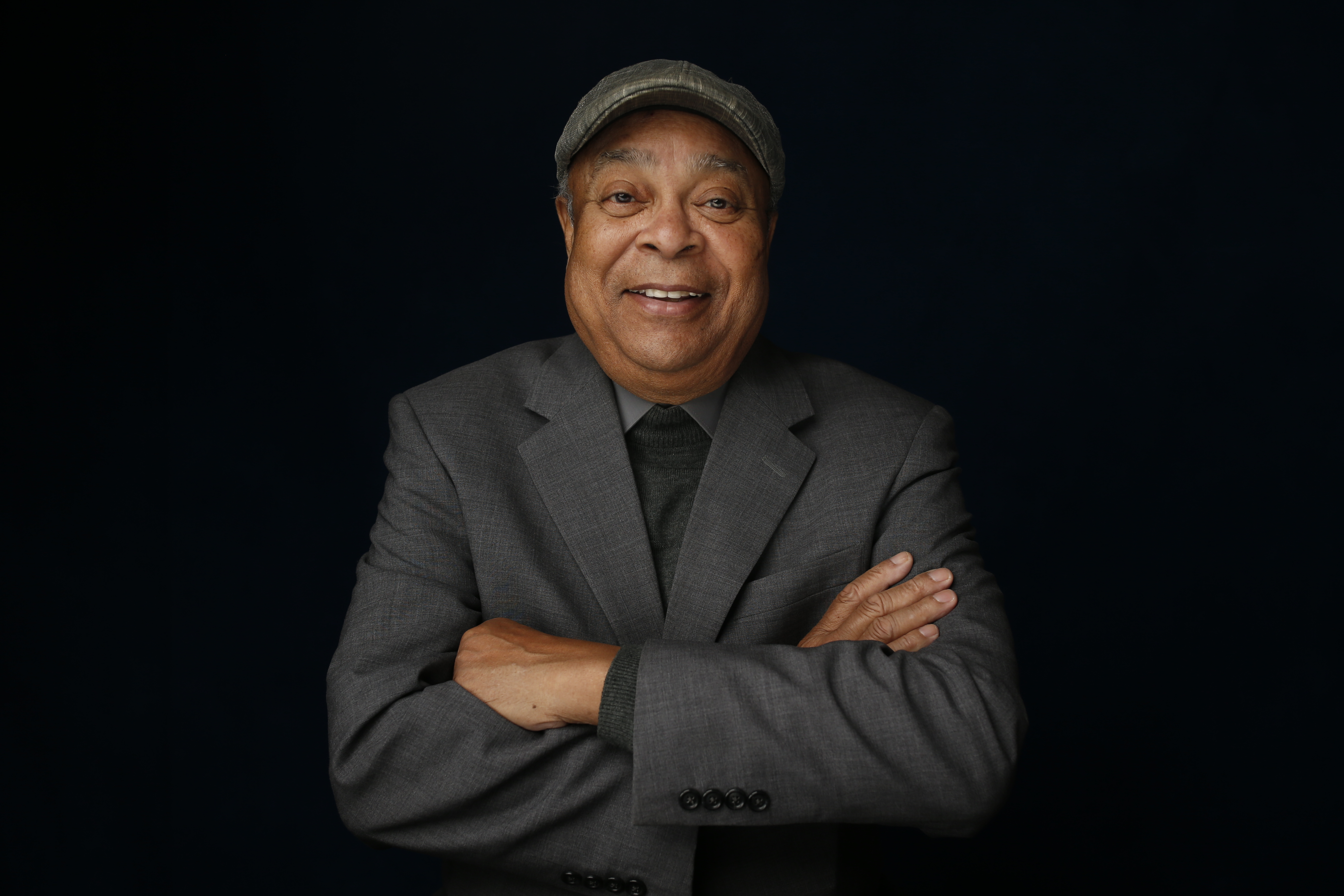Happy faces abounded as certificates were handed out for successful completion of English language proficiency Thursday at Jackson State University’s Reddix Hall.
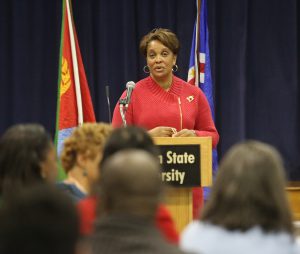
This year, the number of participants in the English as a Second Language Institute (ESLI) ceremony was bolstered by students with the Proyecta 100,000 initiative. That’s a program by the United States and Mexico to develop a 21st century workforce for mutual prosperity, said Dr. Priscilla Slade, special assistant to the provost for academic and student affairs.
Receiving certificates were 42 students in the Proyecta program and 31 students enrolled in the ESLI program, said Shirley Harrison, interim director of the International Programs Office.
Overall, the recognized students came from 10 countries, said ESLI Interim Director Dr. Ying (Nancy) Liu.
One of those receiving a certificate was Patricia Vital Hernandez, 23, a Proyecta student who enrolled in the class in November.
“I loved it. It was an amazing class,” said Hernandez, from Hidalgo, Mexico. Asked what exactly she loved about it, she said, “I loved the place, the school, the students, the teachers, the people….”
Slade told students at the ceremony that she was thrilled they were graduating. “We applaud you for your accomplishments,” she said. But she added that she also was saddened that many were leaving.
“I hope this is not a goodbye forever,” she said, but more of a “so long,” until they return.
“I would really like to come back,” said Hernandez, a student at Universidad Tecnologica de la Huasteca Hidalguense.
She wouldn’t be alone. According to Liu, many students are returning in the fall — 14 to graduate school, two to undergraduate programs.
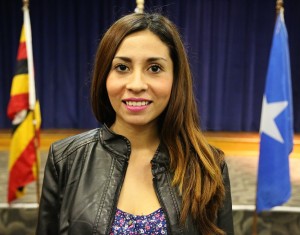
“We have the largest group of Proyecta students of any institution in the country,” Slade said. The course includes “immersion training,” rather than typical classroom grammar rote studies, where students are immersed in all aspects of the culture and use English as their primary language.
The course has five eight-week sessions a year, Liu said. It will resume in the spring semester.
The Proyecta initiative sets the goal of 100,000 Mexican students coming to study in the United States and 50,000 U.S. students studying in Mexico by 2018.
It’s meant to promote bi-national research and innovation, language teaching and exchange opportunities.
Proyecta also complements President Barack Obama’s initiative, 100,000 Strong in the Americas, which seeks to send 100,000 U.S. students to study in Latin American universities and vice versa.
According to the United States-Mexico Bilateral Forum on Higher Education, Innovation and Research, created by the two countries to promote economic and cultural opportunities: Mexico, with 116 million inhabitants, sends only 14,000 students a year to the United States, and 4,000 U.S. students take courses for academic credit in Mexico each year.
Mexico ranks 9th as a country of origin as U.S. international students, below countries such as South Korea, Saudi Arabia, Taiwan and Vietnam.
South Korea, with a population of 49 million, sends 72,000 students a year.
Among U.S. students, Mexico ranks 13th as a destination country (4,000 students) and 3rd in Latin America, after Costa Rica and Argentina.
For more about ESLI, see: https://www.jsums.edu/international/english-as-a-second-language-institute-2/ or call the International Programs Office at 601.979.1611.
The program has five academic levels and accommodates beginner, intermediate and advanced levels. Classes meet daily for a total of 20 hours per week.



